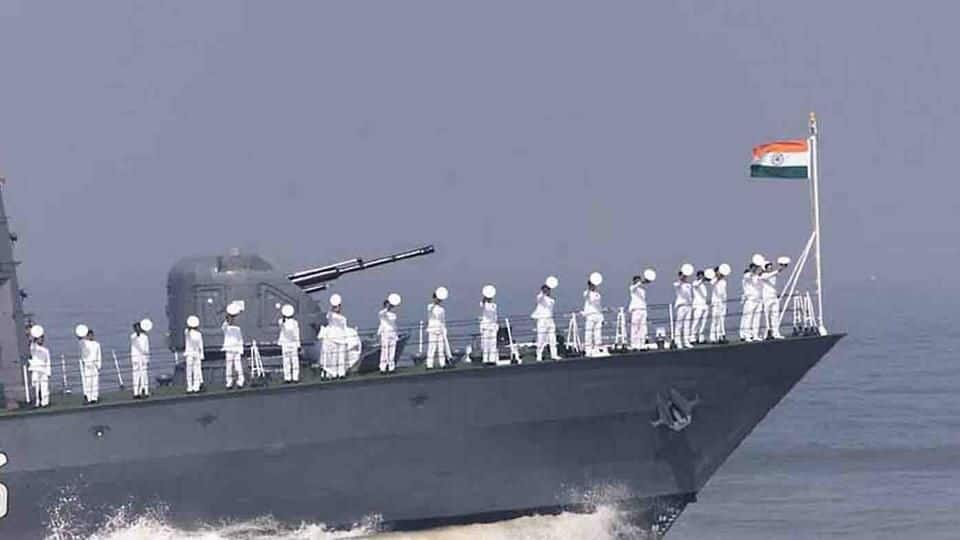
Four women create history in Indian Navy
What's the story
Last year, the Indian Air Force commissioned the first three women pilots in its history. It is now the turn of the Indian Navy. Yesterday, the navy's first woman pilot and the Naval Armament Inspection (NAI) branch's first female officers were inducted into the force. At the event in Indian Naval Academy (Kannur), 328 cadets including one each from Maldives and Tanzania passed out.
Shubhangi
Indian Navy's first woman pilot
For Shubhangi Swaroop of Bareilly (UP), the navy's first woman pilot, it was a dream come true. The BTech graduate, also a national gold medallist in taekwondo and an expert diver, will now train at the INS Garuda in Kochi. Swaroop's father is a naval commander, mother a school teacher at Navy Children School, Visakhapatnam, and younger brother a student at the London University.
Others
Three other women break records
"This isn't just an exciting opportunity but a great responsibility also. I will live up to the expectations of all and inspire more women officers to come to the Navy as pilots," Swaroop said. Three other women- Shakthimaya S. from Thiruvananthapuram, Roopa A. from Puducherry and Aastha Sehgal from New Delhi- also made history by being the first women officers to join the NAI.
Women
Several setbacks for women despite increase in participation
In 1991, the Indian Navy started inducting female officers. The areas of induction have gradually been expanded. Women form about 5.4% of India's defense forces, and 5.5% of the navy (excluding medical services). However, facilities extended to them are lower than those offered to men. For example, permanent commission for women remains largely restricted to legal, medical and educational corps of the forces.
Opportunities
Inducting women won't create problems, but will solve existing ones
Service in the forces isn't only about physical endurance. Survivability, intelligence and decisiveness are key. "Given the opportunity to train like us, women would definitely find place in Special Forces," feels an officer involved in the 2016 Uri counter-attack. Moreover, with balanced representation, gender-based crimes by men in the forces are likely to decrease. It will also solve the problem of shortage of officers.